Course Description
This course introduces the advanced clinical practice of Ayurvedic herbology. The focus is on the use of Ayurvedic herbs with clinical patients. We will explore more herbs than was covered in AWC 10, covering formulations, dosages, clinical indications, contraindications, and how to combine single herbs and formulations together to create a clinical herbal therapy program.
Covered Topics
- Knowledge of individual herbal Ayurvedic energetics, qualities and actions
- Strategies for using herbs to manage dosha imbalances and treat disease
- Understanding of common herb formulas and their practical use
- Herbs for each of ten body systems
- Herbal management of Ama
- Herbal management of disease & symptoms
- Herbal management of Dosha
- Herbs in longevity
- Demonstrate introductory clinical familiarity with Ayurvedic herbalism
- Discuss Ayurvedic energetic anatomy in a clinical setting as it pertains to herbalism
- List the energetics, classification, and significance of at least 25 medicinal herbs and their Ayurvedic properties
- Demonstrate a basic understanding of Ayurvedic nomenclature and anatomical correspondences relevant to herbalism
- Herbs in bodywork
- Herbs in cleansing
- Diagnostic procedures & Ayurvedic dosing strategies
- Formulation strategies
Faculty Instructors
Karta Purkh Singh Khalsa, Yogaraj, A.D., D.N.-C., R.H., is one of the foremost natural healing experts in the field today. He is one of a very few clinicians with over 47 years of experience with complementary medicine. Khalsa is President Emeritus and Global Ambassador of the American Herbalists Guild, and director emeritus of the National Ayurvedic Medicine Association. Author or editor of 30 books, Khalsa teaches herbalism at three medical schools and is the first American to be board certified in herbalism and Ayurveda. Khalsa is an Ayurvedic Doctor, state-certified dietitian, and author of over 3,000 published health articles. Khalsa’s approach to complementary medicine is very eclectic. He was personally trained by Yogi Bhajan for 32 years, supporting his main focus in Ayurvedic medicine. He also teaches about Chinese and North American natural medicine.
He was the principal medical formulator for Yogi Tea, a medicinal tea company, and is the curriculum director and principal instructor for several Professional Herbalist, Nutritional Therapy, and Ayurveda training programs. He lives in the Northwest with his family.

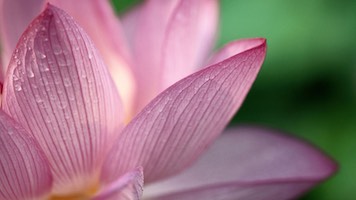

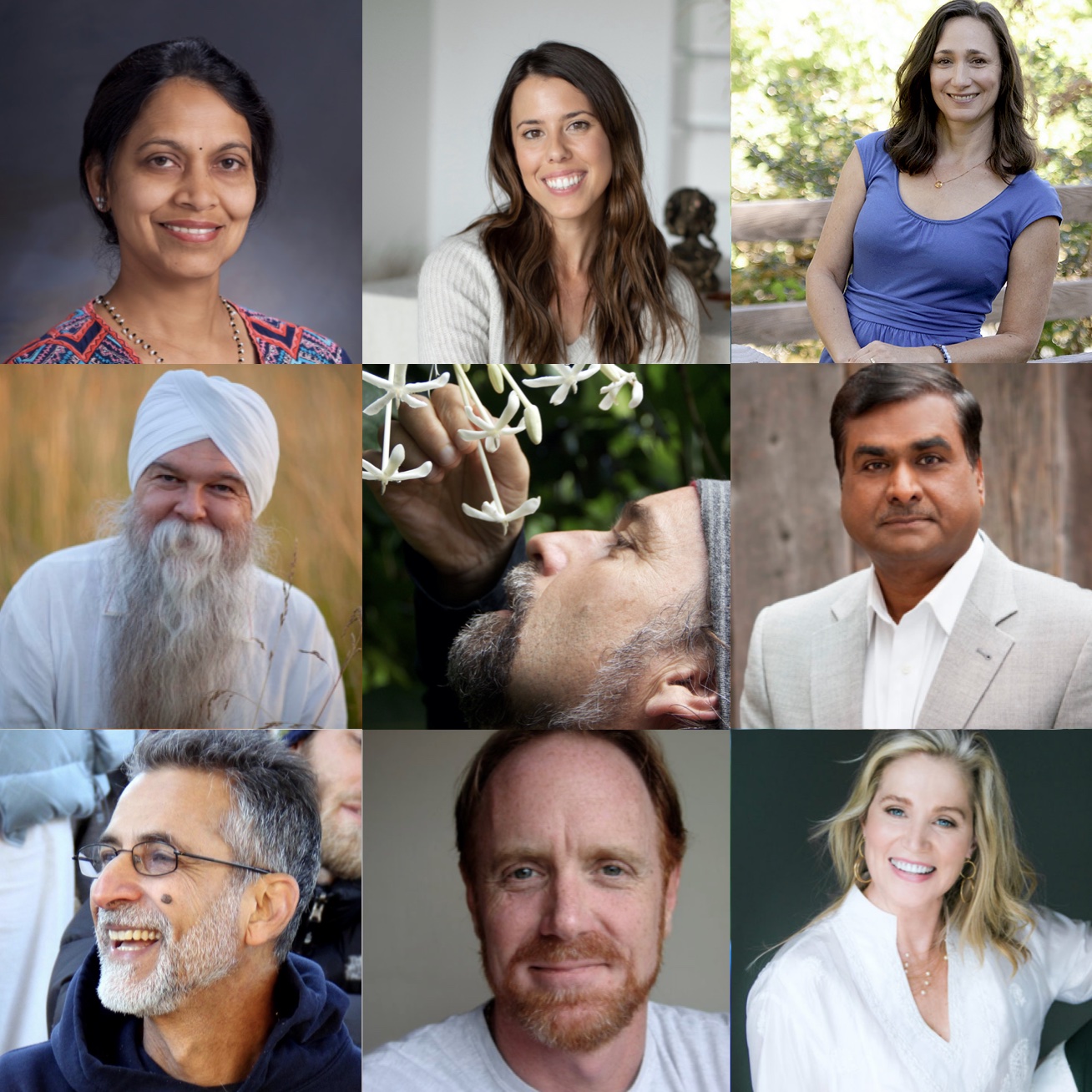

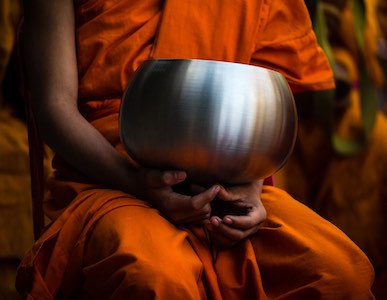





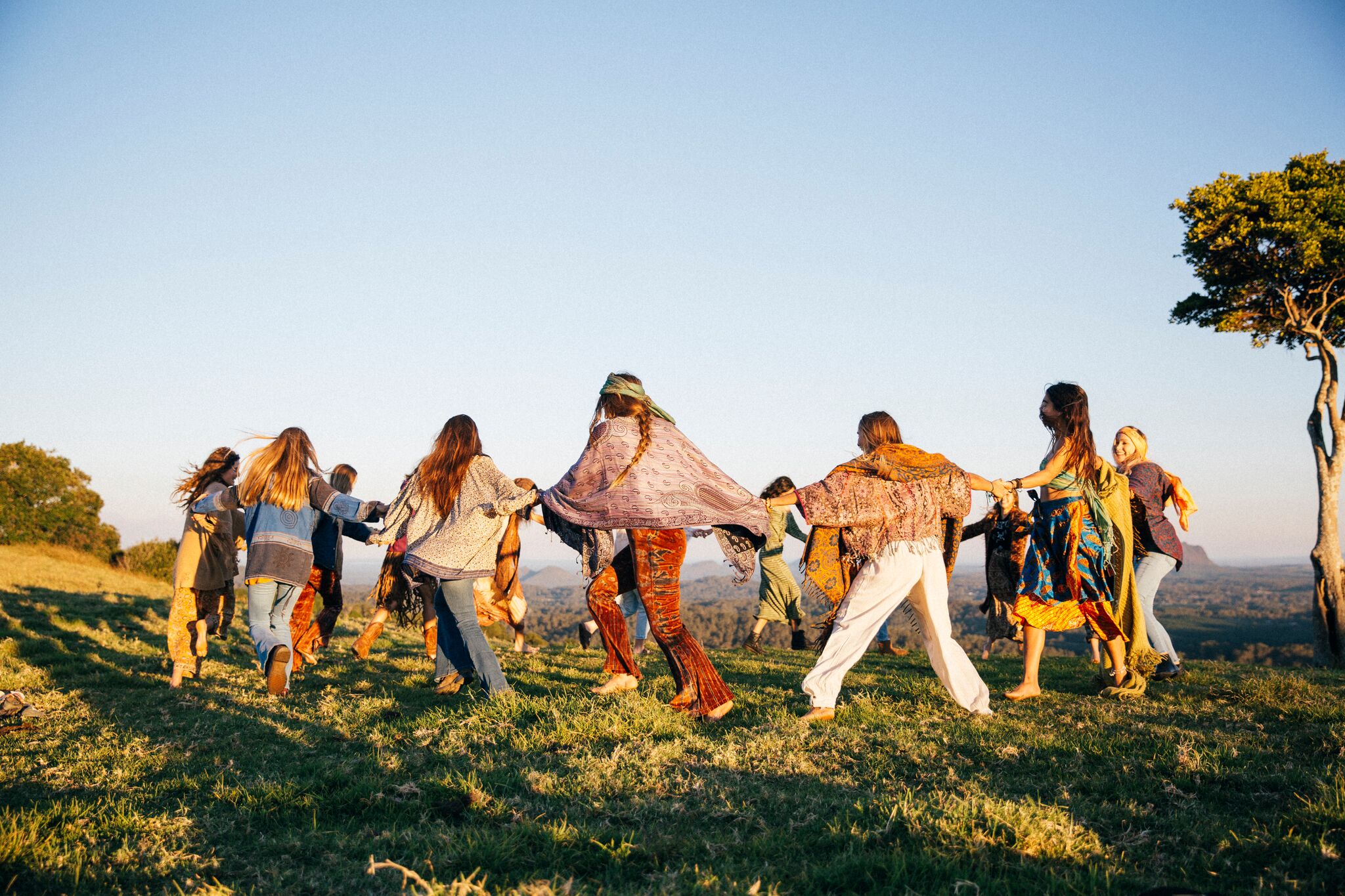



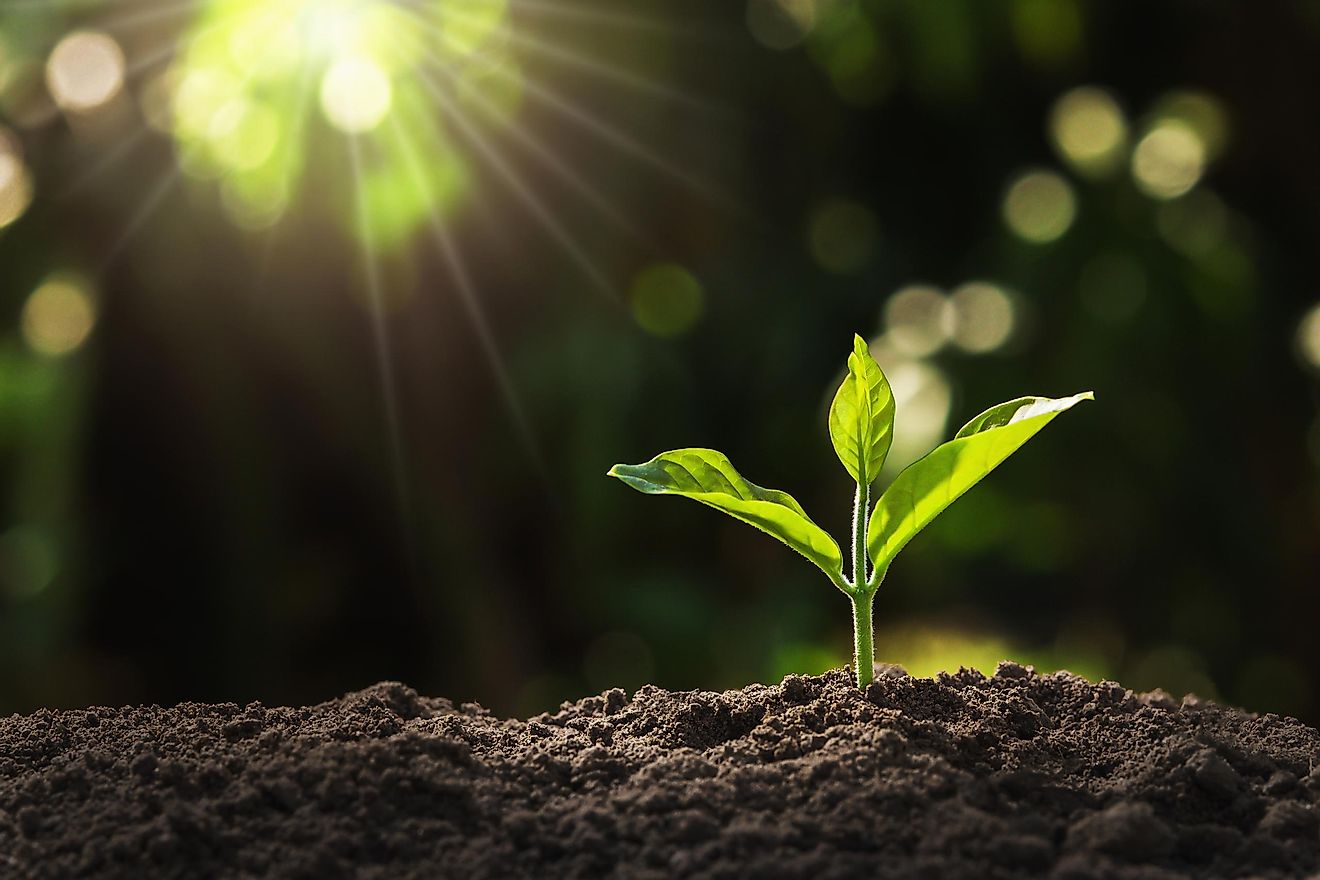
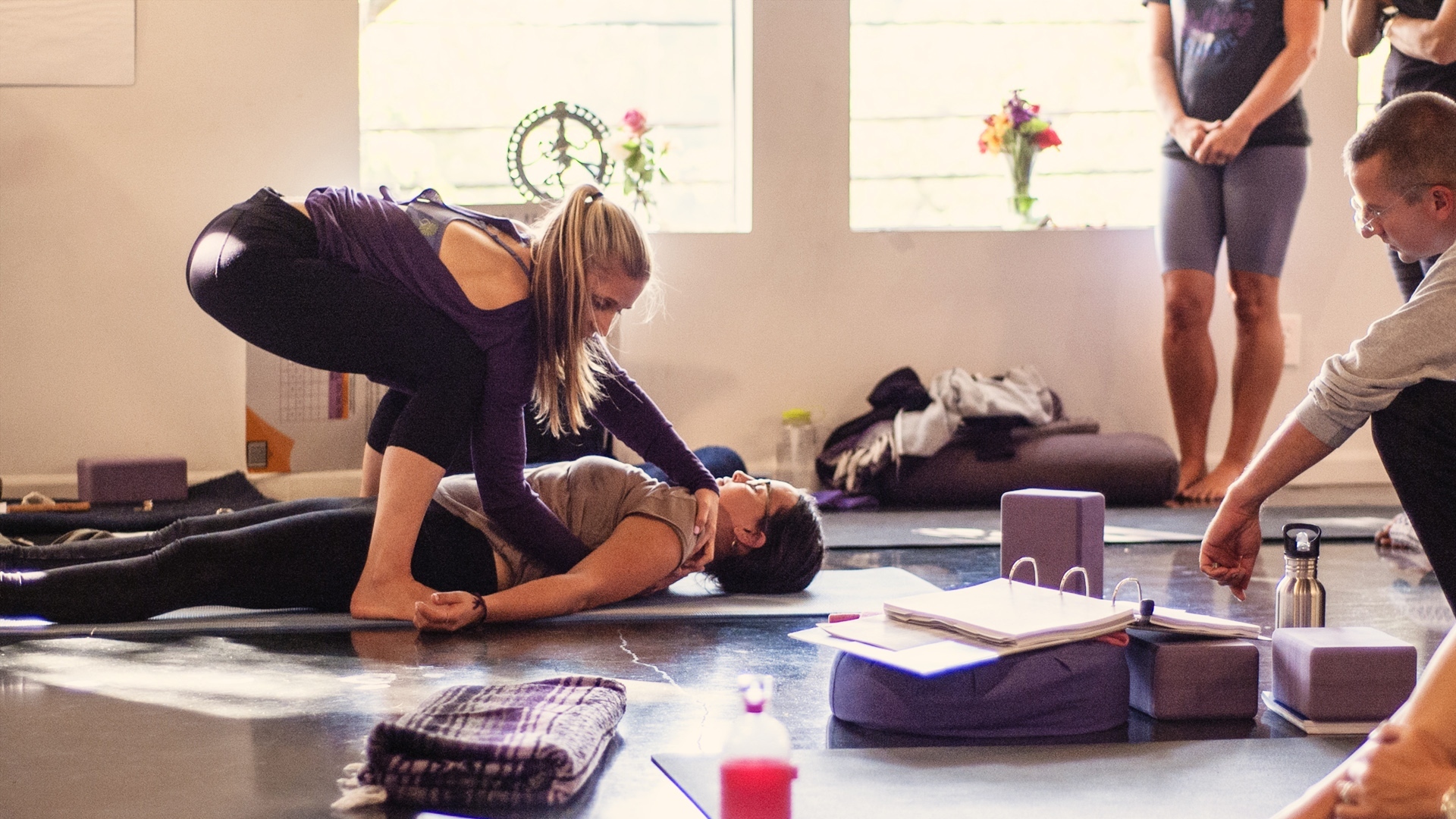

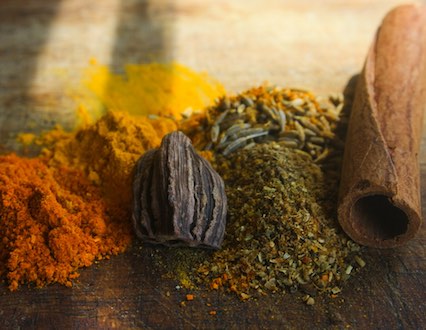
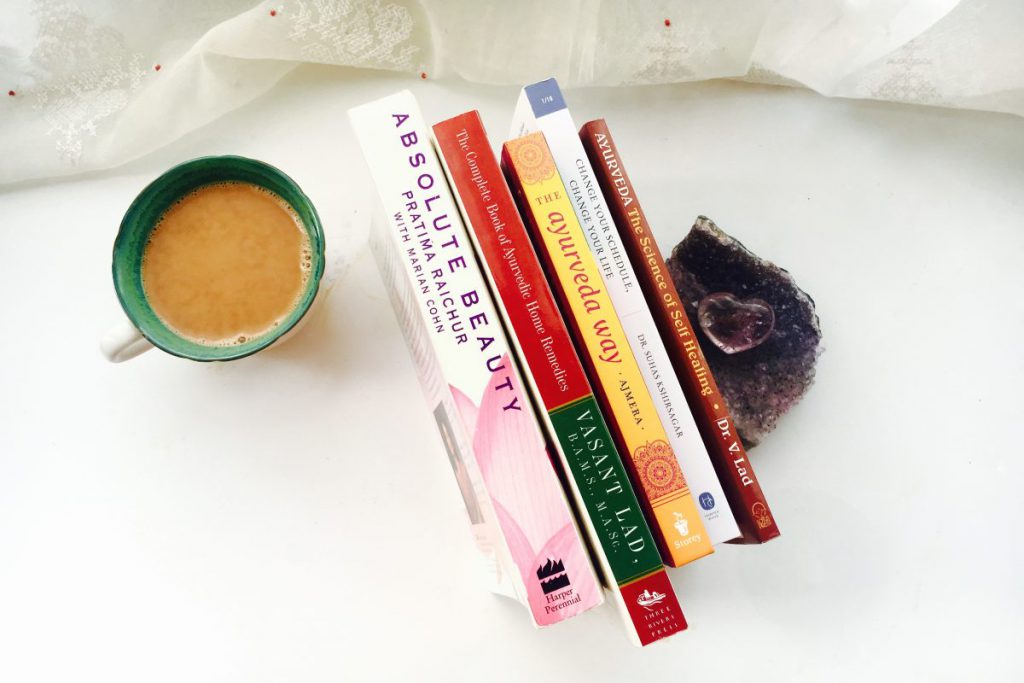

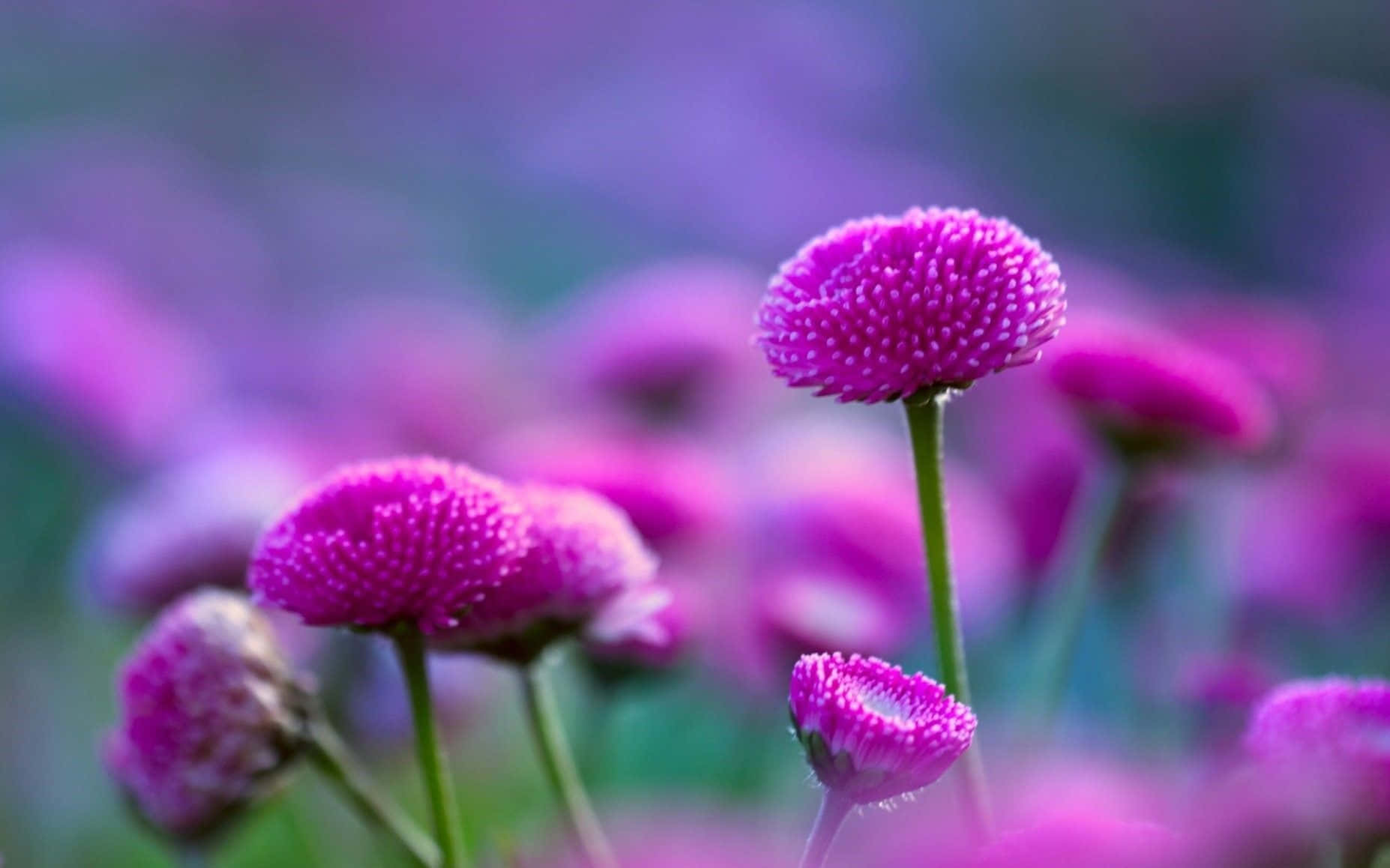


 Sevanti Adventures
Sevanti Adventures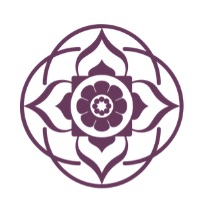 Sevanti Wellness
Sevanti Wellness